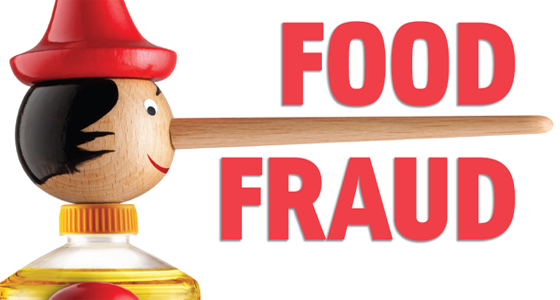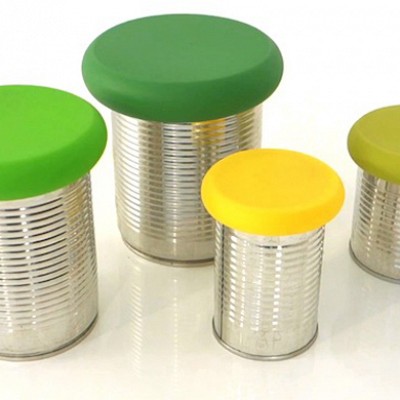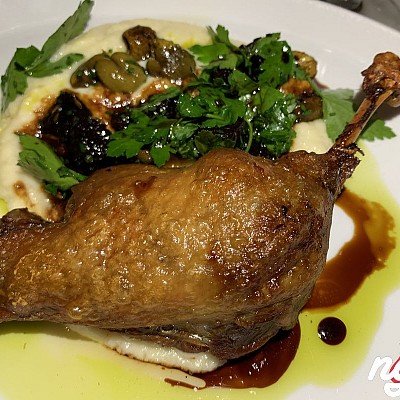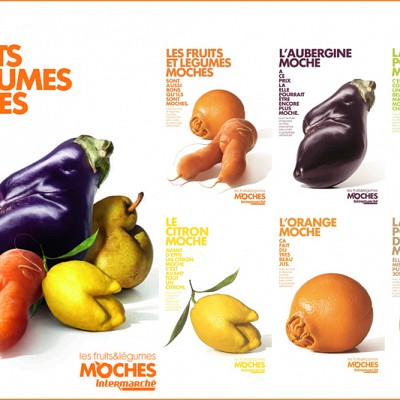Interesting to read this article about the increase of food fraud around the world. What is it exactly? I think it's a must that we all be aware of what's happening around the world and on NGNO of course food wise - from watered milk, diluted olive oil and other dangerous substitutes in the food chain, US US organization tracks increasing reports of food fraud.
Some fine wines are complimented for their grassy aroma, but if your cup of tea has that earthy, sweet scent it might be because the tea manufacturer put lawn cuttings in it. The practice is known as food fraud, and it is used as a cost-cutting measure by food manufacturers. US Pharmacopeial Convention (USP), an independent science non-profit, announced Wednesday that its updated database showed incidences of food fraud increasing dramatically in 2011 and 2012. This means the instances of food manufacturers doing things such as adding lawn grass and fern leaves to tea is much greater than originally thought. The database's creator and lead analyst, Dr Jeffrey Moore explained that the database was crafted to help food manufacturers, regulators and others improve the safety of the food supply.
"While food fraud has been around for centuries, with a handful of notorious cases well documented, we suspect that what we know about the topic is just the tip of the iceberg," said Moore.
The database is made up of 1,300 scholarly and news reports of food fraud spanning the 30-year period between 1980 and 2010. But the updated database records 800 new examples of food fraud published in 2011 and 2012. USP's findings show that milk, olive oil and spices continue to have a high vulnerability to food fraud, with dilution the most common cause of problems. Indian authorities discovered in a 2012 study that most samples of the country's milk were diluted or contained unappetizing agents such as hydrogen peroxide, detergent and urea – a compound that is naturally found in urine and can be synthetically produced. Some South American milk manufactures replaced milk fat with vegetable oil, another product susceptible to food fraud. Olive oil is most often diluted with lower quality versions of the product, but reports also show instances of waste oil being used as cooking oil in China.
The new reports reveal that seafood, lemon juice and tea are also especially vulnerable to food fraud. A 2009 study showed that sushi restaurants frequently misrepresented what sort of fish they were selling. The USP is particularly concerned with the sale of escolar fish, which is banned in multiple countries because it can cause a special form of food poisoning. Fish sellers will sometimes sell escolar as white tuna or butterfish. "Seafood is an example where food safety controls are species-specific, making replacement of one fish with another especially troublesome," Moore said. Some of the reports contain documents dating back to the 19th century that show how food sellers would dilute gin with water to increase its weight and add cayenne, sugar and cinnamon to gin for taste. Charts from foreign regulatory bodies are also included in the data, including a chart developed by India's ministry of agriculture that lists common adulterants in food that can cause harm to people's health. Tea leaves can be contaminated with artificially colored saw dust or foreign tea leaves. Sand, stones and "filth" could be used to bulk up food grains. Food fraud has caused significant public outcry in recent history.
Last week, reports surfaced that some beef burgers sold in British supermarket chains contained horse and pig DNA. One sample of Tesco Everyday Value Beef Burgers showed that horsemeat accounted for 29% relative to the burger's beef content.
China experienced one of the worst food safety issues of this century in 2008 when six infants died and 300,000 babies became ill from contaminated milk. Melamine was found in milk powder, and it is thought it was added deliberately to help the milk powder pass nutrition tests. USP sets standards for medicine, food and dietary supplements and has presented their data to the FTC. The USP first unveiled their database in the Journal of Food Science in April 2012. The findings showed that milk, vegetable oils and spices had the highest frequency of documented cases of food fraud.
Categories:
News







































